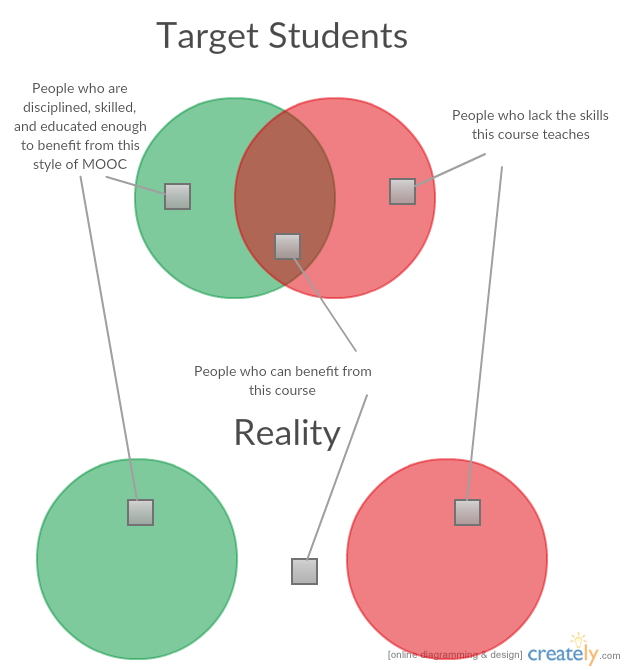Course Title: Learn to Code for Data Analysis
Provider: The Open University via FutureLearn
Price: Free
Level: Introductory
Effort: 12 to 20 hours over 4 weeks, commencing on set date
Prerequisites: None
Completion awards: Statement of Participation (£19 + shipping) for completing 50% of course content
About the course:
I wanted to get my feet wet with some structured programming instruction, since I’m entirely self-taught up to now. (Well, not entirely. There was that half semester in Mr. Barton’s Pascal class where I tried to hack into the school network instead of listening to him drone on about methods of averaging.) I also wanted to start learning Python. This course seemed like a good fit.
Data Science or coding for Data Analysis is all the rage in MOOCs right now. I found courses all over the place teaching essentially the same skills with various programming languages. Or one from Microsoft still insisting that Excel was up to the task.
This course only touches on the barest beginning concepts in coding. It uses pre-defined contexts for Object-Oriented Programming, but doesn’t really describe how they work aside from feeding you the formula, “If you type what I type, you’ll get the answer I get.” The syntax it teaches is almost exclusive to the problem domain of data analysis, and it doesn’t teach much outside that syntax.
One nice thing about the course is that it’s tough. It’s not one of those courses that says it takes 4 weeks, but is actually over in about four hours. The first two weeks took me two or three hours a piece. The third week took me nearly five hours. The last week was well in excess of five hours, and could possibly have been ten. It was an absolute slog, but it was very informative. Again, though, mostly in the realm of data science.
The course information page says that the effort required is 3 hours per week, but once you join the course it says 5 hours per week. So keep your eyes open if you’re intending to take it.
It’s not horribly helpful on its own. It does teach about Python, and gave me enough familiarity with it to decide that I’m not a fan of many of its shortcomings. If you do need to learn coding for data analysis, this course won’t be enough to be helpful. If you need to learn coding for reasons other than data analysis, this course won’t be enough to be helpful. So it’s just a taster of Python in this specific context.
One odd thing of note was that there was a great number of facilitators on the course from the Open University to assist students, but they weren’t the most polite. They were a bit aggressive with any student suggesting something would be easier a different way, or that there was a shortcoming in either method or resource. But they were helpful to those on the course, and there were a lot of them, more support than I’ve ever seen on a MOOC.

